Author: Patrick Egan
-
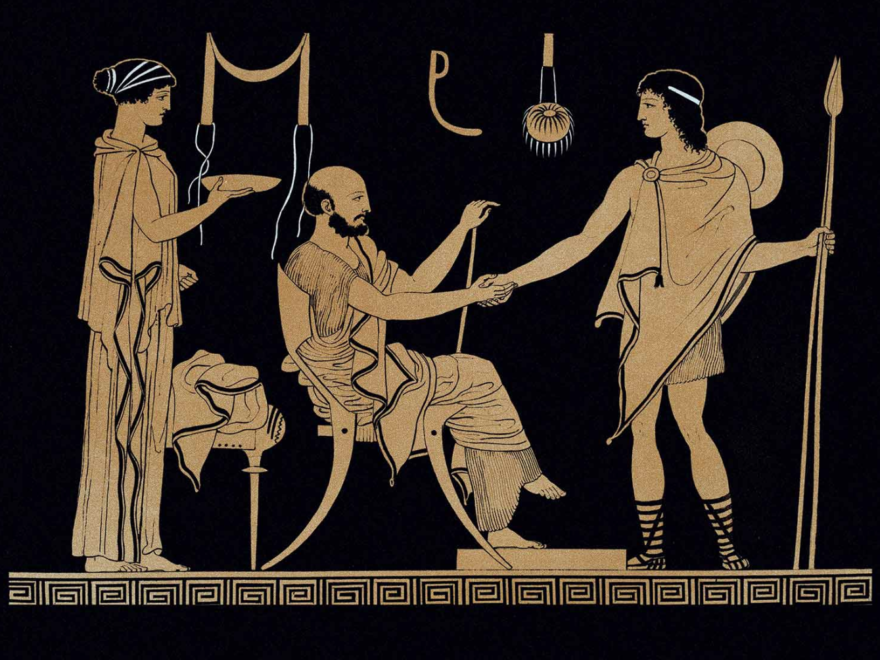
Creating Culture: The Ultimate Habit Training Tool
The lily of the valley (Convallaria majalis) is such a lovely plant. By all appearances it is a delicate flowering plant. Dunbar refers to “the Lily of the Valley | With its soft, retiring ways.” in his poem “Lily of the Valley” (1913). Despite its appearance and reputation, the heartiness of the plant is one…
-
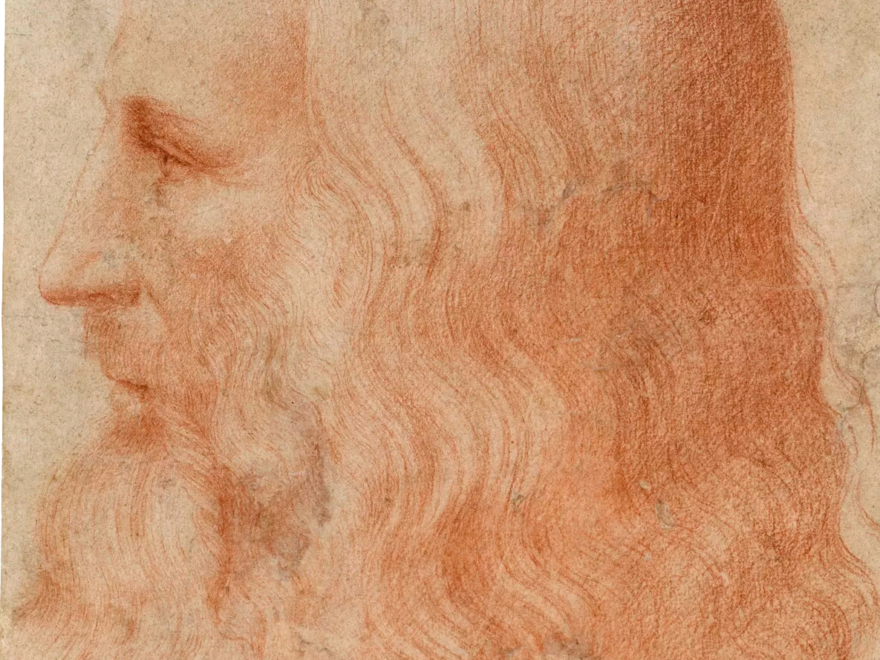
The Virtue of Art: Leonardo da Vinci and Renaissance Apprenticeship
It just might be an apocryphal story, but the mastery Leonardo demonstrated early in his apprenticeship to Andrea del Verrocchio foretold the eminent career of one of the greatest minds of the Italian Renaissance. Leonardo da Vinci was born in 1452 near Florence in the small Tuscan town of Vinci. The illegitimacy of his birth…
-

The Pathway to Mastery: Apprenticeship in the Classroom
A new book landed on my desk around the beginning of the school year. Robert Greene’s Mastery (New York: Viking, 2012) touches on a number of points that are worthy of exploration and consideration. It reads like a mix of historical biography and self help by a writer who is a master of his craft.…
-

7 Notable Schools: Educational Renewal across the Globe
I visited Ireland a few weeks ago and met with a group of homeschool parents just outside Dublin. As I was presenting on Charlotte Mason’s method of narration, it struck me that the principles and values of our educational renewal movement are not beholden to one single culture. Across the globe a Christian liberal arts…
-
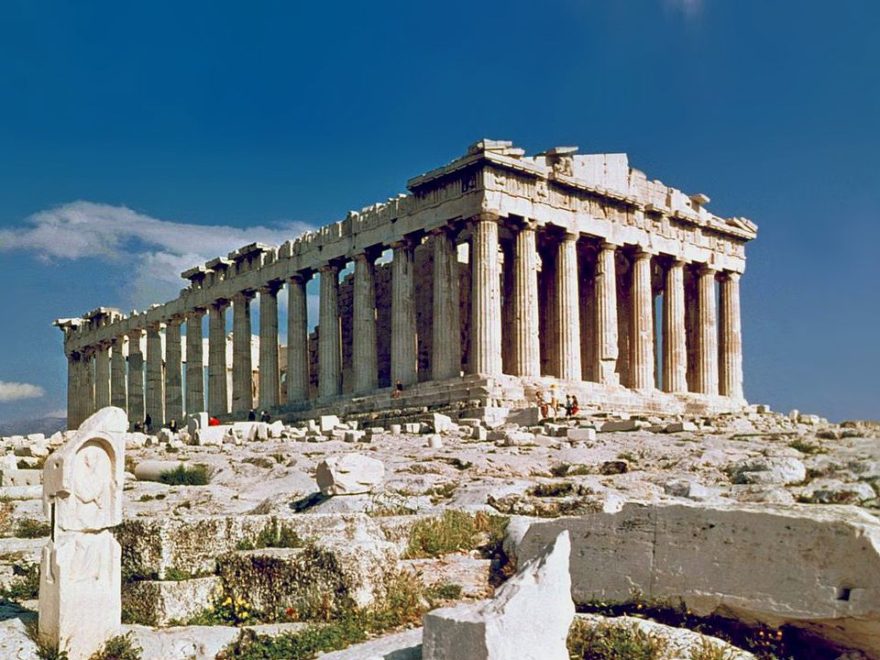
C.S. Lewis and Two Types of Education
Our educational renewal movement champions a return to the life-giving role great books play in forming lives of flourishing for our students and for society. We want our students to gain an appreciation for great literature and to be devoted to life-long learning. So if our goal is appreciation, should we do away with exams…
-
2022 Summer Conference Edition
Welcome Summer Conference Attendees to Educational Renaissance The major classical Christian education conferences are now upon us. We begin with the Society for Classical Learning conference with the theme Recovering Beauty in Education June 15-18. This is quickly followed by the ACCS Repairing the Ruins conference June 22-25. Both conferences are in Dallas, and, if…
-
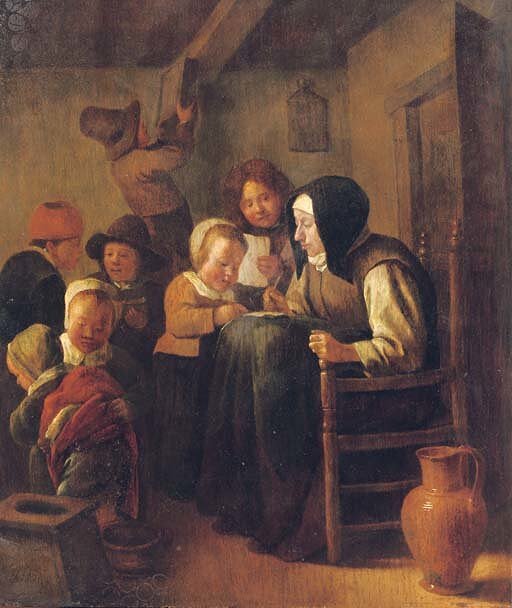
What is a Learner?: Reading Charlotte Mason through Aristotle’s Four Causes
The goals and aims of our educational renewal movement center not on the quality of our curriculum or the quality of our teacher. Instead, the quality of learning is the true test of whether we are providing something of lasting value and worth. To that end, I have taken a look at the learner and…
-
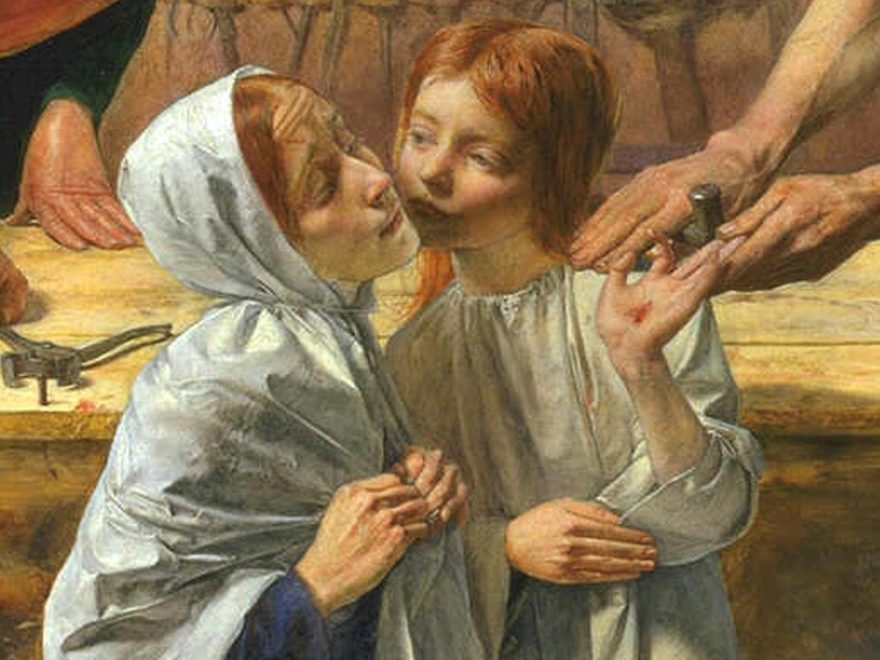
Embrace the Cross: An Easter Vigil Homily
The beautiful and the grotesque, when considered together are the essence not only of our human existence, but of all created reality. In some ways, aesthetics is in the eye of the beholder. What one considers beautiful differs from what another would hold up as an example of beauty. We share with each other both…
-
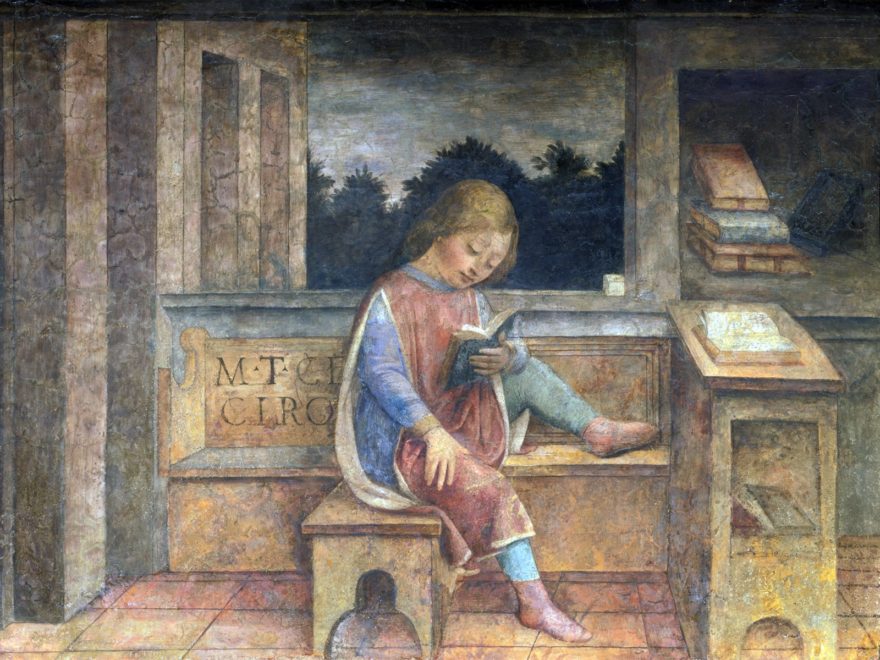
Renaissance Children: How Our View of Children Shapes Our Educational Aims
Perhaps no figure in Twentieth century America captured the idealization of childhood innocence better than Norman Rockwell. His paintings, appearing regularly on The Saturday Evening Post, often included children who evoked an innocence untouched by hard realities that grown ups experienced through the Great Depression and two World Wars. Consider the painting Marble Champion. This…
-

Finding Flow through Effort: Intensity as the Key to Academic Success
At the intersection of challenge and skill, the state of flow emerges: a state of total immersion and enjoyment. Jason Barney’s book on flow, entitled The Joy of Learning: Finding Flow through Classical Education connects Mihaly Csikszentmihalyi’s study of flow with the classical Christian classroom. In this article I plan to build on Jason’s work…
